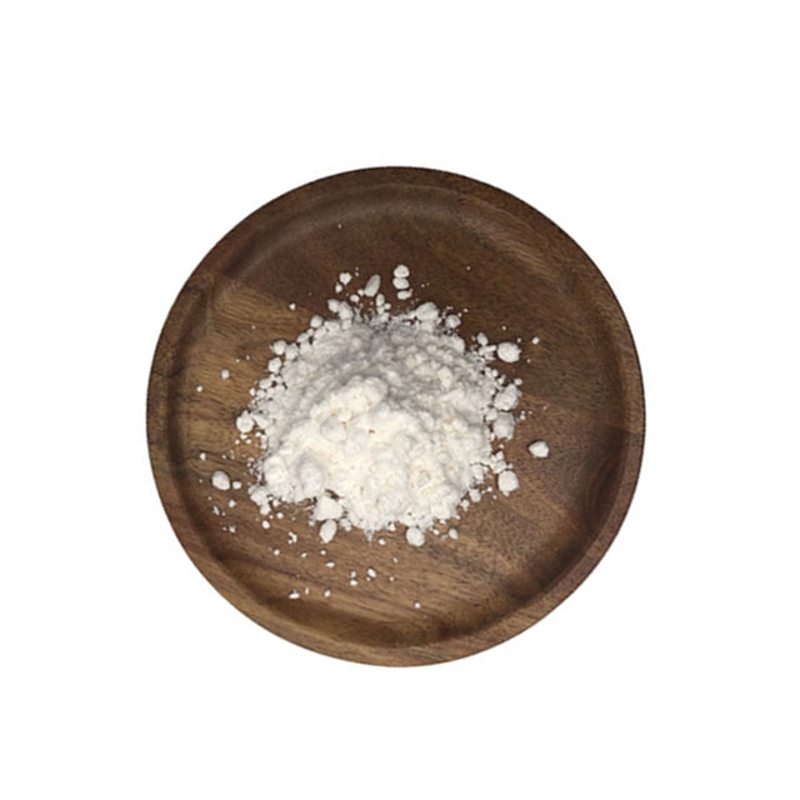-
Categories
-
Pharmaceutical Intermediates
-
Active Pharmaceutical Ingredients
-
Food Additives
- Industrial Coatings
- Agrochemicals
- Dyes and Pigments
- Surfactant
- Flavors and Fragrances
- Chemical Reagents
- Catalyst and Auxiliary
- Natural Products
- Inorganic Chemistry
-
Organic Chemistry
-
Biochemical Engineering
- Analytical Chemistry
- Cosmetic Ingredient
-
Pharmaceutical Intermediates
Promotion
ECHEMI Mall
Wholesale
Weekly Price
Exhibition
News
-
Trade Service
June 4, 2020 /
BiovalleyBIOON / -- Cancer treatment can reduce theoftumors in patients, patients may feel betterBut what is not visible in CT scans or MR images is that some cells are undergoing ominous changesThese abnormal cells become very large because of new genetic changes caused by cancer treatment itself, which has two to four times the number of chromosomes of healthy cellsSome cells can grow to the correct amount of 8 times, 16 times or even 32 timesSoon, they become aggressive and resistant to treatmentThey eventually lead to a recurrence of the cancerProfessor Daruka Mahadevan, M.D., director of the Department of BloodOncologyat the University of San Antonio School of Medicine,, has been studying this progress for 20 yearsIn a paper published in the April 2020 issue of The Journal of Trends in Cancer, he and co-author DrGregory CRogers explained the fundamentals of stopping cancer"When you're treated, some cells don't die," Explains DrMahadevan"These cells don't die because they're double-replenished with normal chromosomes and other genetic changesMany types of chemotherapy actually contribute to thispicture source: National Cancer InstituteDr Mahadevan found that two cancer-causing genes, c-Myc and BCL2, played a role in a "double-shock" high-level lymphoma that was almost incurable"These genes are part of the problem because when they exist, they help lymphoma cells live longer and make them large cells through treatment," he said"
although these drugs seem to be at work, once the treatment is stopped, large abnormal cells (called tetraphonal cells) begin to divide again, and are smaller but grow faster, driven by c-Myc and BCL2." "It's a double whammy," said DrMahadevan, a"
to combat this, DrMahadevan is trying to find drugs that prevent or treat abnormal cells from obtaining multi-chromosomesHe has discovered a small molecular inhibitor that has shown promise in laboratory cell experiments"We have data to prove that it works," he said he said a drug that suppresses large cells with multiple copies of chromosomes could be used in combination with existing chemotherapy to prevent large cell resistance, not only in lymphoma, but also in many other types of cancer (BiovalleyBioon.com) References: Cancer Drugs large cells that were the home; aims to the head to stop it
Daruka Mahadevan et al, Janus Face of Drug-Induced Tetraploid in Non-Hodgkin Lymphoma
Trends, Cancer in (2020) DOI: 10.1016/j.trecan.2020.03.009







